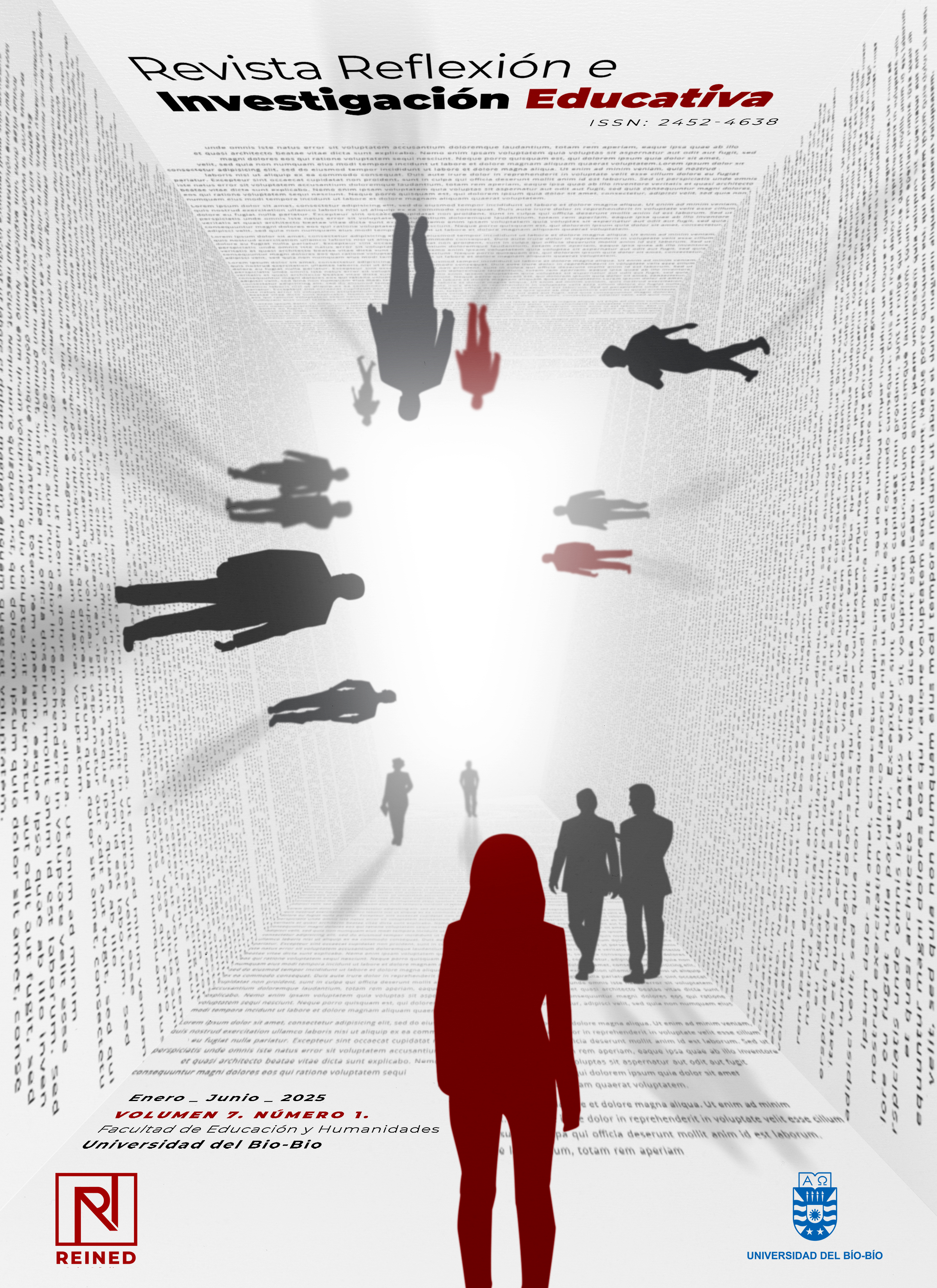THE ELEMENTARY SCHOOL TEACHER AS CONFLICT MEDIATOR: A SYSTEMATIC REVIEW
Main Article Content
Abstract
The elementary school teacher plays the role of mediator in the school when conflict situations arise among his students. In this research, the scientific studies conducted in the last 5 years (January 2018-November 2022) that address the subject are collected, the interests of these works are categorized and the categories are conceptualized from an empirical study. This investigative tracking, is ascribed to the quantitative paradigm of documentary analysis of descriptive and exploratory type, it is an ex post facto study - naturalistic observation. The result was the need to document the role of the teacher as conflict mediator and the study of the taxonomy of conflicts in the field of education.
Article Details
References
Acosta-Sánchez, R. A., & Arboleda-López, P. A. (2019). La educación en mediación escolar como escenario de formación ciudadana. Espacios, 40(21), 1-9. https://www.revistaespacios.com/a19v40n21/a19v40n21p01.pdf
Bernal-Martínez, M., & Saker-García, J. (2013). La convivencia: mirada en las instituciones educativas del distrito d Barranquilla. Ciencia Ingeniería y Educación Científica, 20(35) 179-193. doi: http://dx10.17081/eduhum.20.35.2838. DOI: https://doi.org/10.14483/23448350.6504
Bonilla, P. R., Armadans, I., & Anguera, T. (2020). Conflict Mediation, Emotional Regulation and Coping Strategies in the educational field. Frontiers in education, 5(50), 1-13, doi: 10.3389/feduc.2020.00050. DOI: https://doi.org/10.3389/feduc.2020.00050
Foro Mundial sobre la educación. (2015). Educación 2030 declaración de Incheon. Unesco.
Garza De La Vega, D. (2019). Análisis conflictual de la violencia generada en las aulas de educación elemental en México. Justicia, 25(37), 35-48, https://doi.org/10.17081/just.25.37.3457 DOI: https://doi.org/10.17081/just.25.37.3457
Gobierno de Colombia, (2019). Informe de la misión internacional de sabios 2019 por la educación, la ciencia, la tecnología y la innovacion. Bogotá.
Hakvoort, I., Larsson, K., & Lundström, A. (2020). Teachers’ Understandings of Emerging Conflicts. Routledge Taylor & Francis Group, 65(1), 37–51. https://doi.org/10.1080/00313831.2018.1484800. DOI: https://doi.org/10.1080/00313831.2018.1484800
Martínez Ibáñez, M. A. (2018). La formación en convivencia: papel de la mediación en la solución de conflictos. Educación y humanismo, 20(35), 127-142. doi: http://dx10.17081/eduhum.20.35.2838. DOI: https://doi.org/10.17081/eduhum.20.35.2838
Merchán-Gavilánez, M. L., Rosario, C. A., & Napa-Yance, C. (2019). La mediación de conflictos escolares, incidencia en el desarrollo de la inteligencia emocional. Revista Conrado, 15(69) 399-404, doi: http:// conrado.ucf.edu.cu/index.php/conrado.
Saavedra, G.E., Villalta, P. M., & Muñoz Q. M. T. (2007). Violencia escolar: la mirada de los docentes. Límite. Revista Interdisciplinaria de Filosofía y Psicología, 2(15), 39-60. http://www.redalyc.org/articulo.oa?id=83601503.
Torrego-Seijo, J. C. (2010). La mejora de la convivencia en un instituto de educación secundaria de la comunidad de Madrid. Revista Curriculum y Formación del profesorado, 14(1), 251-274. https://www.redalyc.org/articulo.oa?id=56714113014.
Väsquez de la Hoz, F. J. (2009). La Importancia de la inteligencia emocional en la práctica del buen trato en la escuela. Psicogente, 422-432. doi: 10.17081/psico.12.22.1071.

